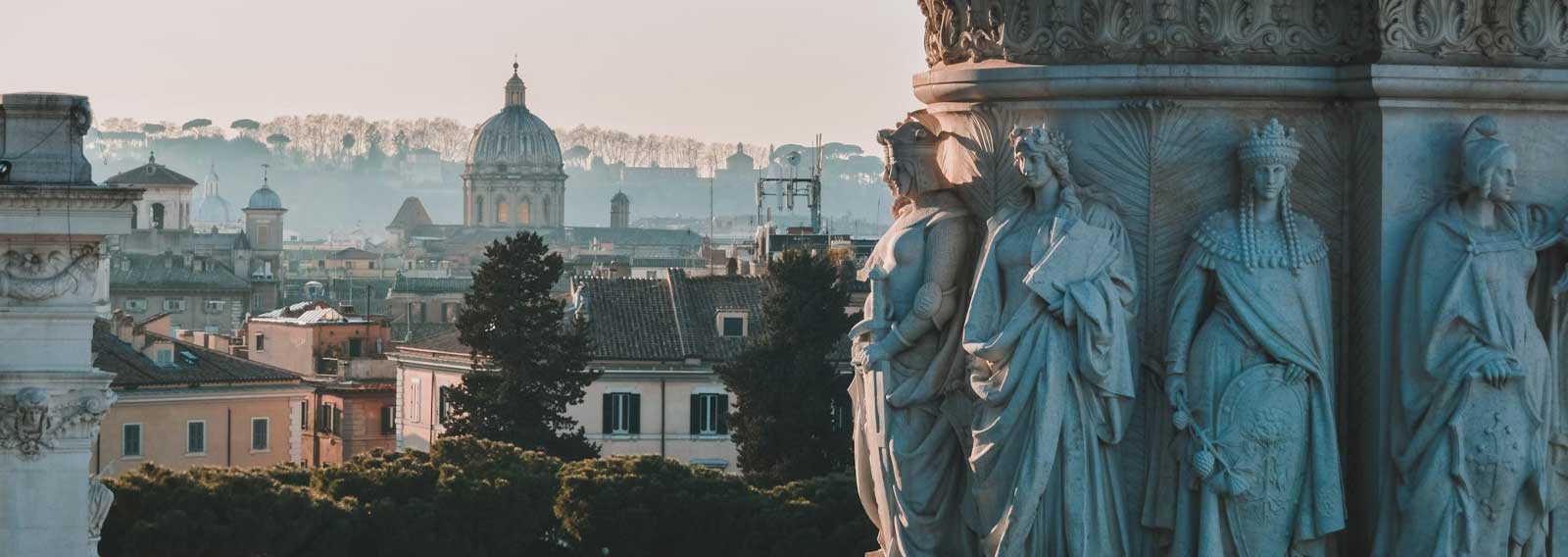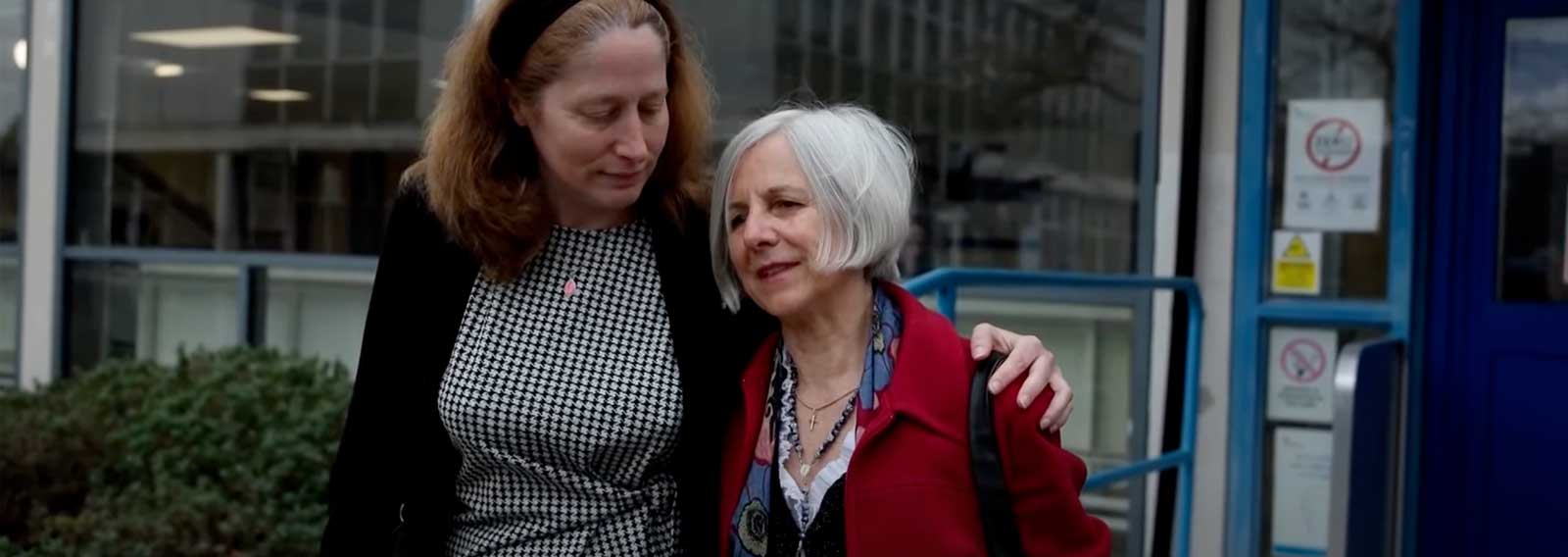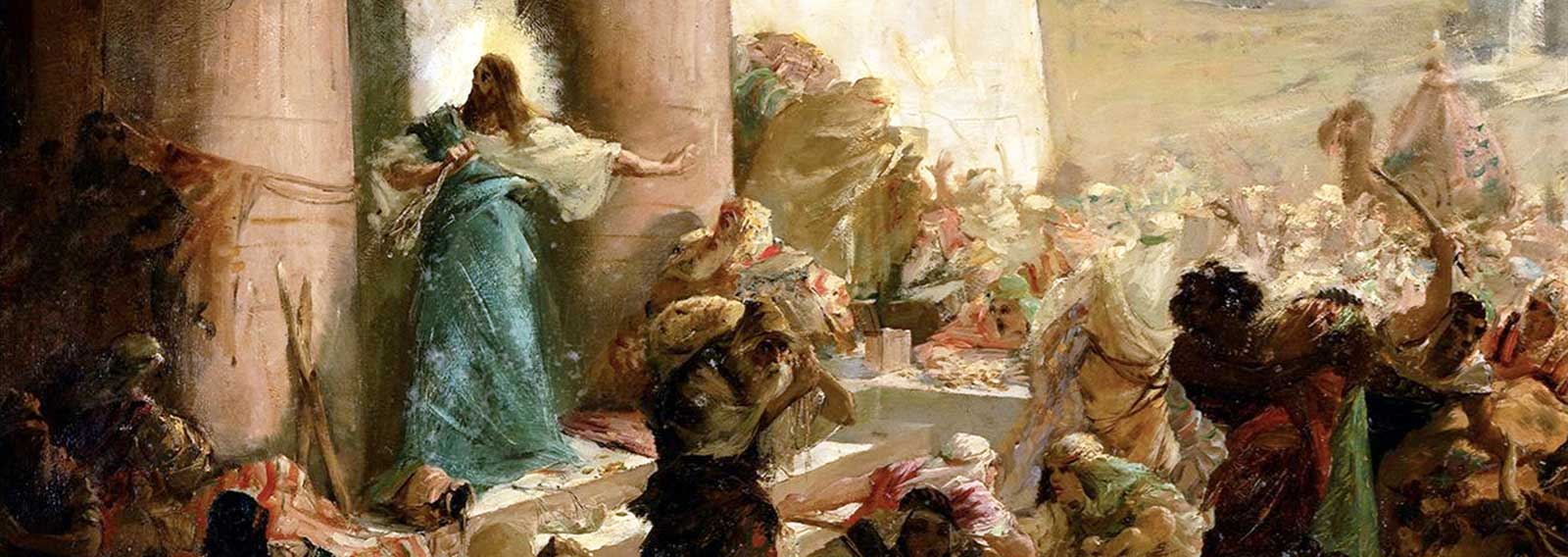The 2019 Synod of the Uniting Church of Victoria and Tasmania has recently voted to allow the practice of euthanasia in all of its health care facilities. As their website records:
Today’s major order of business was to decide on the response to the Victorian Voluntary Assisted Dying legislation. Key points from the resolution included:
- There was a range of faithful Christian responses to voluntary assisted dying.
- Exploring, accessing and conscientiously objecting to voluntary assisted dying were all within the rage of faithful Christian responses to the Victorian Voluntary Assisted Dying Act 2017.
- To give permission within Victoria to UCA institutitons (Uniting Vic. Tas and Uniting AgeWell) and the UCA-affliated hospital group Epworth HealthCare to make voluntary assisted dying allowable within the context of their facility and services for their patients, clients and residents.
Just over forty years ago my own denomination decided not to join the amalgamation of Presbyterian, Methodist and Congregational churches because they could see that this was the ultimate trajectory which the Uniting Church was heading. That from the very beginning Scriptural authority was being compromised for cultural relevance. As Ps Murray Campbell, the pastor of Mentone Baptist wrote on his blog:
The Uniting Church has been chasing after the culture ever since its creation in 1977. While there are evangelical churches and ministers within Australia’s 3rd largest Protestant denomination, they are relatively few, and these have been engaging in formal discussions to review their association within the denomination. If the final nail in the coffin hadn’t already been laid, surely it has after today’s proceedings.
When it comes to the topic of euthanasia God’s Word could not be any clearer. “You shall not murder” (Exod. 20:13) wrote the LORD Himself on tablets of stone. Following on from this, the incident in 2 Samuel 1:1-16 also provides a timeless warning against taking the life of another person prematurely. As King David says in Psalm 139:16, “All the days ordained for me were written in your book before one of them came to be”.
But it’s not just the rejection of the sanctity of human life that makes euthanasia unethical. There is a plethora of “non-religious” arguments commonly made against the practice as well. Let me limit myself, though, to four:
The first, relates to the issue of mental health. Tragically, 2,400 Australians commit suicide annually with 90% of those suffering from a mental illness. What’s more, the rate of depression is reported to be, “Four times higher among people with chronic pain and almost one in three Australian adults with severe pain have higher or very high levels of psychological distress.” Why would we then want to loosen the legal safeguards for them against taking their own lives? What’s more, how can someone in such a condition be able to make a rational decision about ending their own life?
The second aspect is financial. One particular aspect that is routinely overlooked in regards to this issue is the insidious influence of greed. Everyone knows how money can divide even the most close-knit families. What does the prospect of potentially receiving a large monetary windfall do to the relationship with the members of one’s family?
The third element is relational. Trust between a doctor and their patient is paramount. However, opening the door to euthanasia means that this relationship is fundamentally altered, even undermined. This is because a profound shift in mindset takes place when a doctor goes from being a person’s ‘healer’ to their ‘executioner.’
The fourth and final point relates to the emotional. From an economic perspective, it might be not very productive to keep someone alive when they’re terminally ill, but that is the time when some of the most precious memories can be formed and forged. Why then would we want to cut that short? Especially when we live at a time where medical technologies for relieving pain are the best that they have ever been.
All of which is to say, the recent decision of the Uniting Church of Victoria and Tasmania’s is deeply troubling, to say the least. And while there were the usual caveats such as, “The decision was made after a long period of careful consideration, discussion, and prayer” it was still clearly against the LORD’s will. As Ps Campbell, wrote:
It doesn’t matter how much they couch the decision in terms of careful discussions or extended times of prayer and thought, or listening to ‘expert’ panels, a wrong decision is still a wrong decision. This is not the first controversial decision to be made by the Uniting Church. In 2018 the Uniting Church (Synod of Victoria and Tasmania) adopted same-sex marriage. With an unsurprising congruity, a denomination known for its ‘liberal theology’ is quickly falling into line with mainstream positions on many social issues, including calling for the decriminalisation of illicit drugs, and vocal support of abortion among some of its leaders, including the Victorian Synod’s bioethics committee. The very trajectory designed to make their churches more inclusive is, in fact, making them redundant. Why become Christian and join a Church if Christianity simply mirrors the worldview I already hold? According to the 2016 Census, the Uniting Church is one of the fastest declining denominations in the country, losing around 22% members since 2011 (almost 200,000 people). There is little doubt that the direction will continue.
At the end of the day—or that should be, ‘our days’—there is no such thing as a “good death”. Death is the great intruder into God’s creation which robs us of precious health and relationship. And as such, it is the very thing the Lord Jesus Christ came to destroy. We who are His body should seek then to do all that we can to be instruments of life lest we find that we are the ones who are putting our own spiritual communities to death.






















